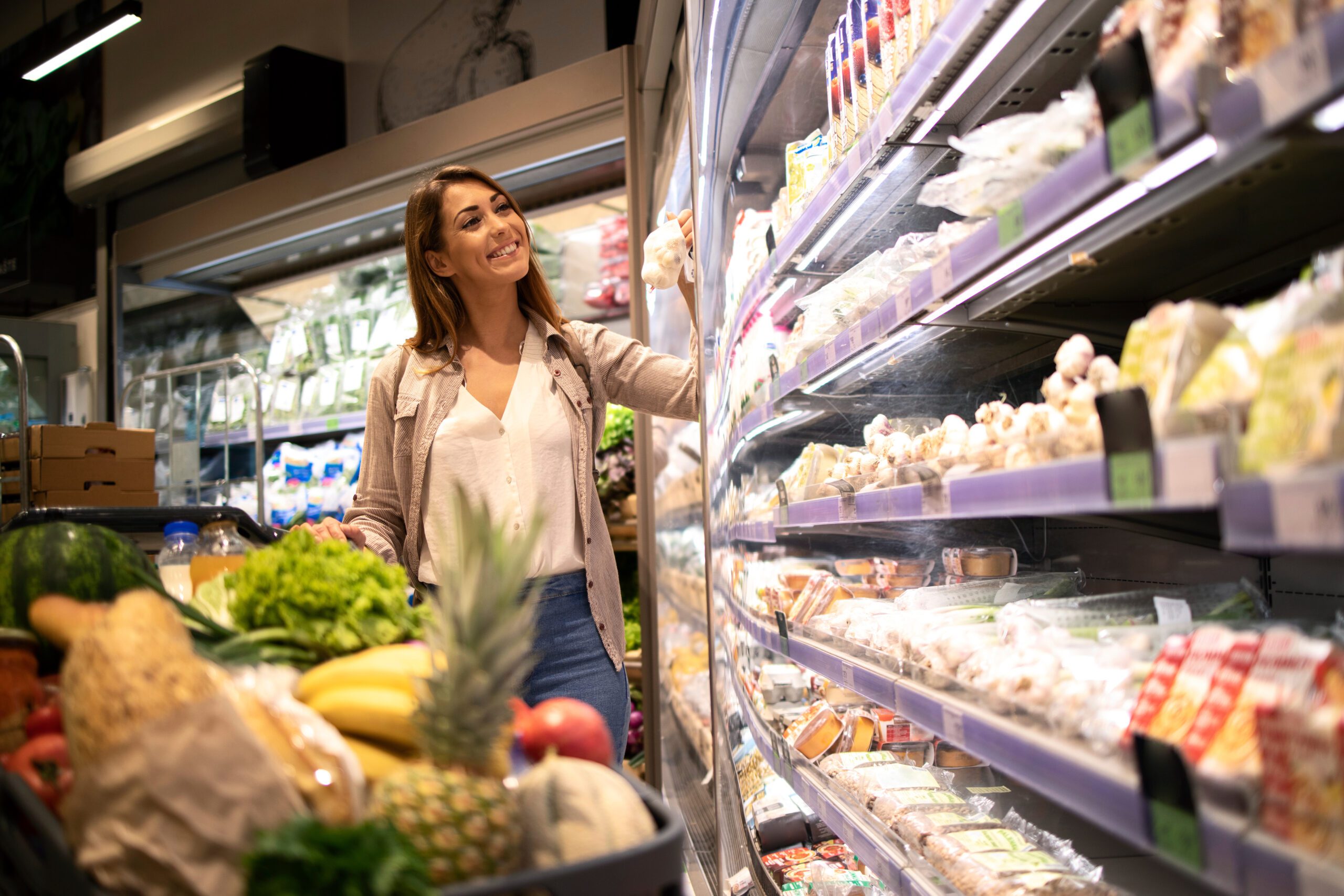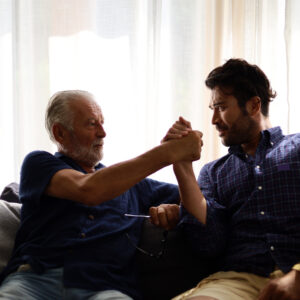Celebrities like Kelly Osbourne, Macklemore, and Jamie Lee Curtis have entered substance use disorder treatment multiple times. Every day, people from all sorts of professions fall back into painful patterns of drug use and alcohol abuse. This back and forth from sobriety to addiction is called relapse or chronic relapse.
Relapse is a common and complex occurrence, with half or more of people in recovery admitting to experiencing it. Waypoint Recovery Center in South Carolina sees it all the time, and it happens to the best and brightest of our residents in both inpatient and outpatient programs. The good news is that while relapse is a reality for millions of people, it is not a deal breaker for long-term success in sobriety.
Why Does Relapse Happen?
Relapse can occur for many reasons. Maybe the person has stopped attending regular outpatient support meetings, has fallen back into toxic thought patterns, has started spending time with people who are negative influences, or is dealing with excess stress and hardship. Relapse doesn’t happen because we’re weak, morally corrupt, or irresponsible—it happens because drugs and alcohol are powerful substances, and life can start to seem very difficult without them.
Here’s what you need to know about relapse:
- Relapse can happen at any point in time but commonly occurs within the first year of sobriety.
- Relapse triggers can include a low socioeconomic status, stress, exposure to environments where substances are present, and co-occurring mental health disorders and other diseases.
- Relapse can be predicted and prevented.
- The longer you remain sober, the less likely you are to relapse—but it’s still possible after years of sobriety.
- Relapse does not define you or your loved one’s character or fortitude.
- Relapse typically doesn’t occur suddenly—it’s a process that occurs in stages.
Do Relapse Rates Really Spike in Certain Seasons?
It’s not proven one way or the other. Interestingly, there’s a common belief that relapse spikes during the fall and winter holidays for Americans, with festivities related to Thanksgiving and Christmas creating stress and cravings for substances. However, there’s no hard evidence to suggest that any one season seems to trigger relapse in recovery, although there is some evidence to suggest that the realities and effects of climate change may help prompt substance abuse. This means that you can be vulnerable to a relapse at any point in time throughout the year, anywhere in the world. For this reason, we recommend taking full advantage of each of our addiction treatment services.
How To Prevent Relapse With Waypoint Recovery Center
There’s no one perfect way to prevent relapse. However, noticing the warning signs and utilizing different forms of peer support are great ways to guard against it. Some warning signs include the following:
- Changes in overall attitude (more negativity, pessimism, or depression)
- Increased stress and anxiety in day-to-day activities
- A belief that the addiction wasn’t so severe or problematic
- Negative changes in behavior and relationship dynamics
- Compromised routines or judgment
Whether you attend our programs in North Charleston or Cameron, SC, we can make sure that the following supportive elements are present in your recovery journey to protect you against using again:
- The celebration of your sobriety milestones
- A therapy style and therapist that works for you
- Tips on how to counter boredom and loneliness, common relapse triggers, with strong communal ties and hobbies
Getting Help For Relapse and Addiction in South Carolina
Relapse is a reality, and facing it is an integral part of successful sobriety. If you or a loved one is battling addiction or fears that a relapse is imminent, our team is here to support you with resources for relapse prevention and continuing care and recovery management. We’re also here to guide you and your family through chronic relapses. Contact us today for guidance, advice, and access to recovery support.





